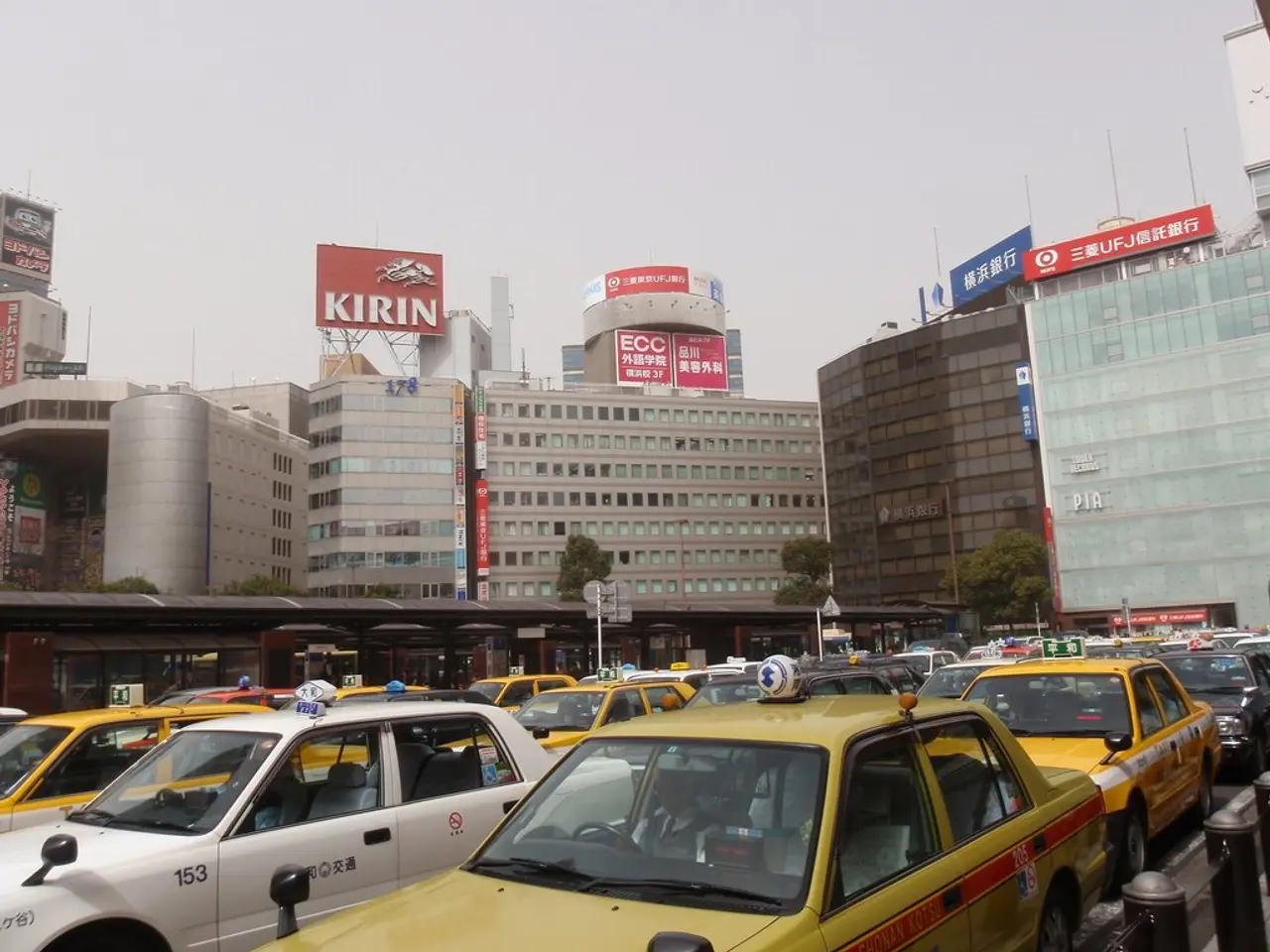Anticipated additional lowering of BoT interest rates by at least 2 points
The potential impact of a proposed 36% tariff on Thai exports by the United States could be significant, according to economic predictions. If implemented starting August 1, 2025, this tariff could contract Thailand's GDP by about 1.1% for the year, with a sharper contraction of 4-4.5% in the second half of 2025.
The US is one of Thailand's largest export markets, accounting for around 18% of Thai exports. Sectors heavily dependent on the American market, such as processed foods, agricultural products, automotive parts, electrical appliances, electronics, textiles, gemstones, steel, and aluminium, would be hit hardest by the tariff.
The Federation of Thai Industries estimates that such a tariff could result in export losses between 800 billion and 900 billion baht, a severe blow to the economy. The expected repercussions include reduced export revenues, lower investor confidence, job losses and production cuts in export-reliant industries, and negative spillover effects on domestic consumption and tourism.
To mitigate these impacts, economists recommend urgent monetary and fiscal policy interventions, such as emergency interest rate cuts by the Bank of Thailand and accelerated government stimulus spending. Thailand is also engaged in trade negotiations with the US, offering concessions like cutting import duties on US goods to zero and reducing its trade surplus with the US, aiming to secure a reduction or removal of the tariff.
In a more moderate scenario, if US tariffs range from 29-36%, Thai GDP could contract by 0.1% to 1.1%. However, this would still represent a significant setback for the economy, particularly given the domestic pressures Thailand currently faces, including a weak tourism recovery, a fragile agricultural structure, political instability, high household debt, and subdued private investment.
Economists also warn of potential competition losses for Thailand's auto parts and electronic parts industries if a 36% tariff is imposed, as these sectors could face stiffer competition from goods shipped from other Southeast Asian countries, particularly Vietnam.
Investor confidence would also be hit hard if a 36% tariff is imposed, prompting foreign direct investment to divert from Thailand towards other Southeast Asian countries. Sitthichai Duangrattanachaya, the head of the research department at InnovestX Securities, expects the Bank of Thailand to lower interest rates twice to cushion the economy.
Despite these challenges, Sitthichai Duangrattanachaya, the Stock Exchange of Thailand index target for 2025 remains at 1,250 points. He also emphasises that the market's recovery still relies on accommodative monetary policy, accelerated public investment, and stable system liquidity.
Piyasak Manason, head of economic research at InnovestX, predicts the global economy will continue to face risks from prolonged trade tensions in the third quarter. However, if tariffs are lowered to 15-20%, Thai GDP could grow 1.1-1.4% this year, according to Mr Piyasak's prediction.
In conclusion, the proposed US tariffs on Thai exports pose a significant threat to the country's economy, particularly in terms of GDP growth and export earnings. Urgent policy interventions and successful trade negotiations are crucial to mitigate these impacts and secure a more favourable economic outlook for Thailand.
The proposed tariff by the United States could negatively impact Thailand's finance sector, considering the country's largest export market is at risk, with potential losses of 800 billion to 900 billion baht in exports.Business sectors heavily dependent on the American market, such as processed foods and automotive parts, are expected to experience job losses and production cuts, which could lead to reduced revenue for these industries and a possible contraction of Thailand's economy.




